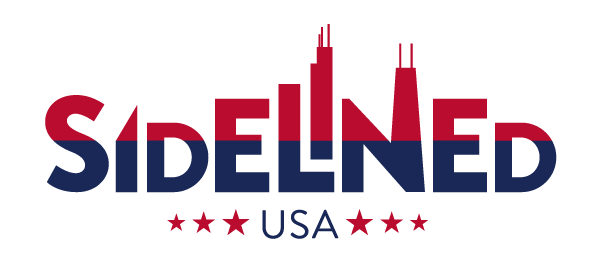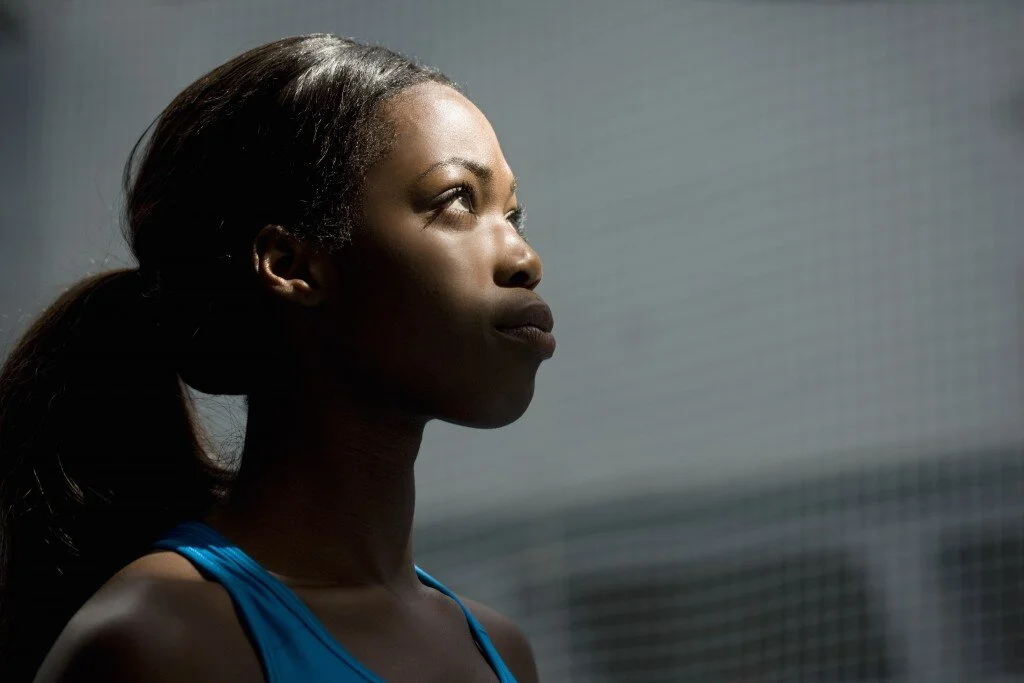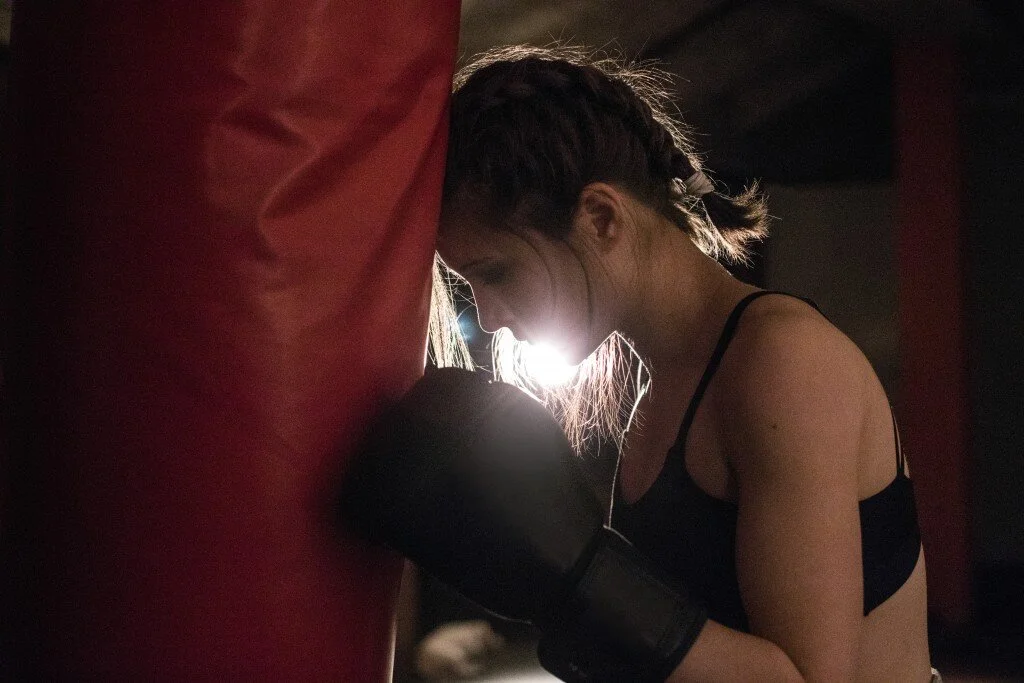Sports do indeed offer valuable life experiences. We learn incredible skills such as persistence, work ethic, and how to set and work towards goals. We push our limits and learn about our own physical and mental strength. We learn how to sacrifice and discipline ourselves as we work through challenges. Ultimately, we experience a deep sense of passion and purpose as we try to attain our highest potential in sport.
Unfortunately, we also realize that in order to succeed in such a competitive world, we need to protect ourselves. So, we start to grow thick skin and a type of protective outer armor.
Read More




